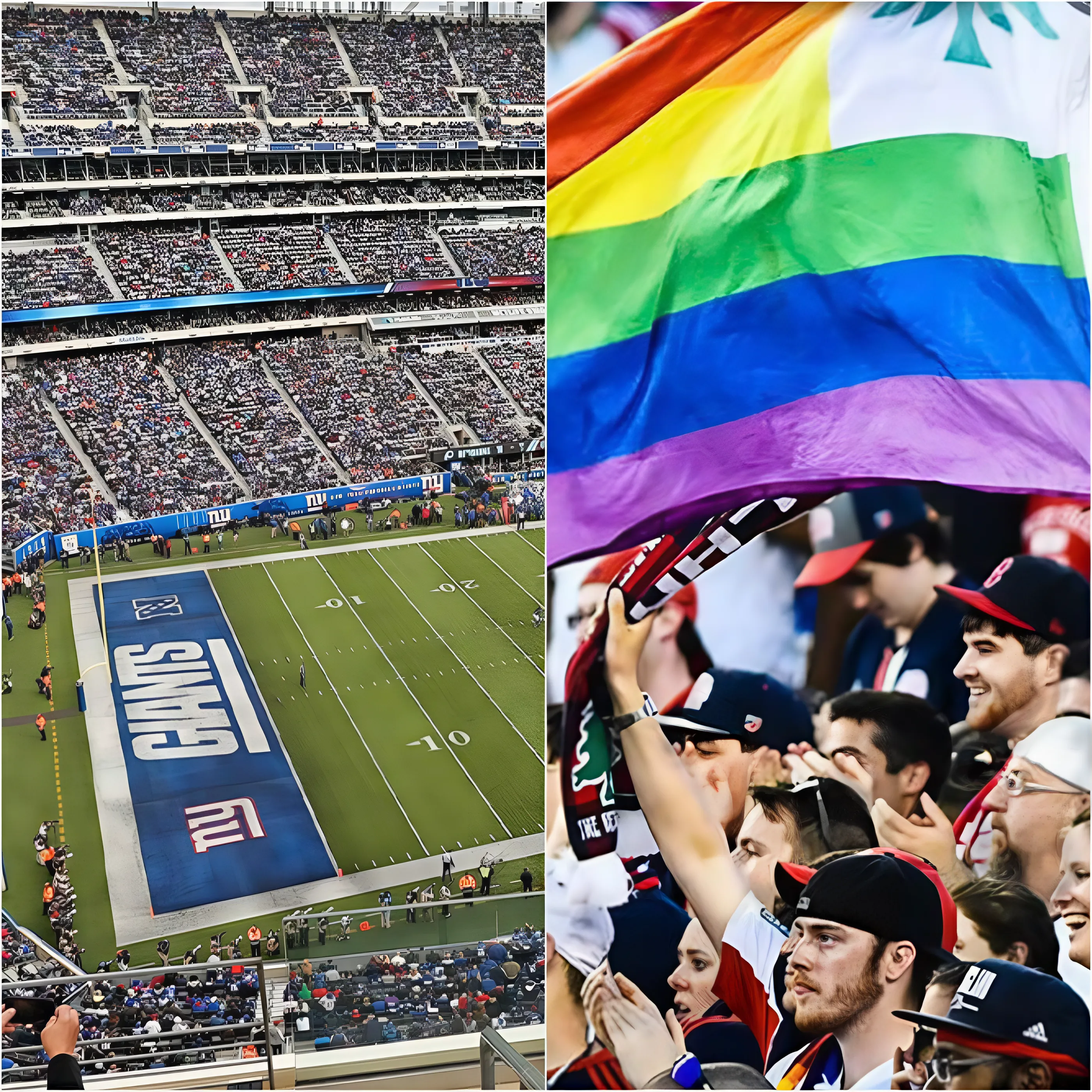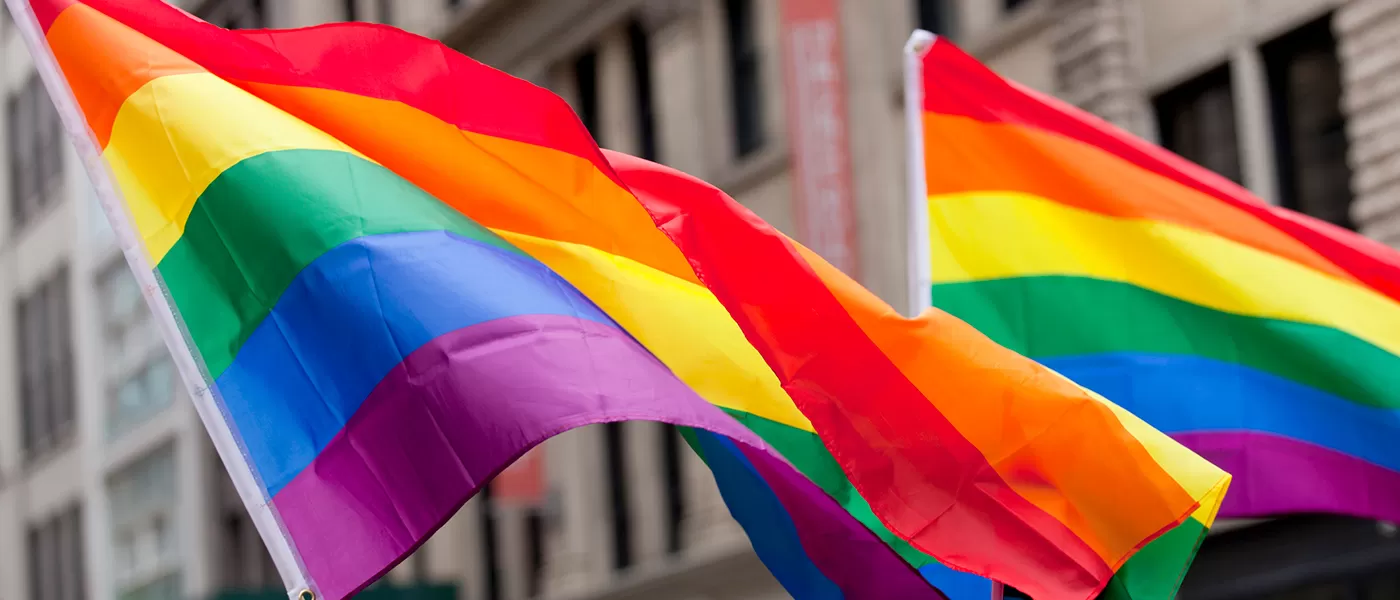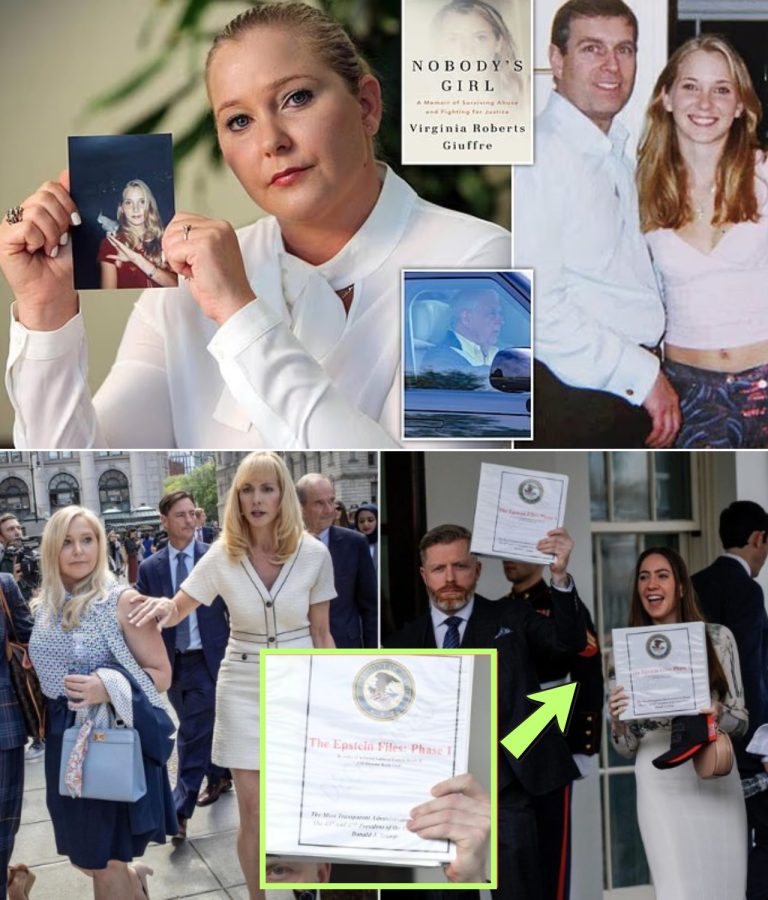Major League Soccer (MLS) has ignited a firestorm of controversy after announcing a permanent ban on Pride flags during the FIFA Club World Cup 2025. The decision, which league officials describe as an effort to “maintain a neutral and unified environment,” has been met with swift backlash from LGBTQ+ advocacy groups, players, and fans alike. The announcement has turned what was supposed to be a celebration of global soccer into a heated debate over the intersection of sports, identity, and free expression.

“Soccer should be about the game, not political or social statements,” MLS Commissioner Don Garber stated in a press release. “Our goal is to create an atmosphere that unites fans from all walks of life, not divides them.”
According to MLS, the decision to ban Pride flags—and potentially other symbolic displays—stems from a desire to create a “neutral playing field” for the highly anticipated international tournament. The league claims that removing such displays will allow fans to focus on the game itself, free from the distractions of sociopolitical messaging.
“We recognize the importance of representation,” Garber continued, “but the FIFA Club World Cup is a global event that transcends any one group or cause. Our decision is about respecting that global diversity.”
However, critics argue that this so-called “neutrality” disproportionately silences marginalized communities. “Calling it neutrality is just a way to avoid saying what it really is: exclusion,” said Sarah Collins, spokesperson for Rainbow Pitch, an LGBTQ+ advocacy group for soccer fans.
The reaction was immediate and impassioned. LGBTQ+ organizations and their allies denounced the ban as regressive and harmful, accusing MLS of bowing to pressure from conservative factions. Social media erupted with hashtags like #PrideInSoccer and #LetTheFlagsFly, with fans around the world expressing their disappointment.
“This isn’t about keeping politics out of soccer,” tweeted one fan. “It’s about erasing people’s identities from a sport they love.”
Even some players have joined the chorus of dissent. “As an athlete, you’re told to bring your whole self to the field,” said an anonymous MLS player. “But when fans are told they can’t bring Pride flags, it feels like the league is saying their whole selves aren’t welcome.”
On the other side of the debate, supporters of the ban argue that sports should remain a sanctuary from the contentious issues of the day. “People go to soccer matches to escape politics, not to confront it,” said one commentator. “The ban ensures that everyone, no matter their beliefs, can enjoy the game without feeling alienated.”
Some fans believe the ban is a practical solution for a tournament that will attract teams and fans from countries with vastly different cultural norms. “If MLS wants to avoid controversy, this is the easiest way to do it,” said a supporter. “This isn’t about targeting anyone—it’s about keeping the peace.”
The move by MLS has drawn comparisons to FIFA’s handling of LGBTQ+ visibility during the 2022 World Cup in Qatar, where rainbow armbands and flags were similarly restricted. Critics fear that MLS’s decision signals a continuation of that trend, even in countries where LGBTQ+ rights are more widely accepted.
“It’s deeply disappointing to see MLS follow in FIFA’s footsteps,” said Collins of Rainbow Pitch. “In a country that prides itself on freedom of expression, this decision feels like a betrayal.”
Adding to the controversy is MLS’s own track record of promoting inclusivity, including hosting Pride Nights and partnering with LGBTQ+ advocacy organizations. “How can MLS celebrate Pride one day and ban it the next?” asked one fan on social media. “It feels hypocritical.”
Some speculate that financial pressures may have influenced MLS’s decision. With global sponsors and international teams involved, the league may be trying to avoid alienating stakeholders from countries where LGBTQ+ rights are less accepted. “At the end of the day, it’s all about money,” said a marketing analyst. “MLS doesn’t want to risk losing sponsors or causing diplomatic headaches.”
However, this strategy could backfire. LGBTQ+ fans and their allies represent a significant portion of the soccer community, and many are already calling for boycotts of MLS events and merchandise. “Alienating your fan base is never a good business move,” warned the analyst. “This could hurt MLS more than they realize.”
In response to the ban, LGBTQ+ advocates and fans are already planning acts of resistance. Some have suggested wearing rainbow clothing or painting their faces with Pride colors to bypass the flag ban. Others are organizing demonstrations outside stadiums during the tournament.
“You can ban flags, but you can’t ban people’s identities,” said one activist. “If MLS thinks this decision will silence us, they’re in for a surprise.”
Even outside the stadiums, the fight continues online. Fans are sharing images of Pride flags with the caption, “This flag doesn’t belong to one group—it belongs to everyone who believes in equality.”
The controversy has reignited a broader conversation about the role of sports in promoting social progress. Is it possible—or even desirable—for sports to remain neutral in an increasingly polarized world? For many, the answer is no.
“Sports have always been a platform for change,” said a sports historian. “From Jackie Robinson breaking baseball’s color barrier to Megan Rapinoe advocating for equal pay, athletes and fans have used sports to push for a better world. Pretending otherwise ignores history.”
Still, others argue that the focus should remain on the game itself. “Soccer is about uniting people through a shared love of the sport,” said one traditionalist. “When you bring politics into it, you risk losing that connection.”
As the FIFA Club World Cup 2025 approaches, the pressure on MLS is only expected to intensify. Advocacy groups are calling for the league to reverse its decision, while players and fans alike are bracing for a tournament marked by protest and defiance.
For now, MLS is standing firm, insisting that the ban is about unity, not exclusion. But with emotions running high and the global spotlight on the league, it remains to be seen whether this decision will hold—or whether it will go down as a major misstep in soccer’s ongoing journey toward inclusivity.
As one fan put it: “Soccer is called ‘the beautiful game’ for a reason. It’s a shame when decisions like this make it anything but.”






